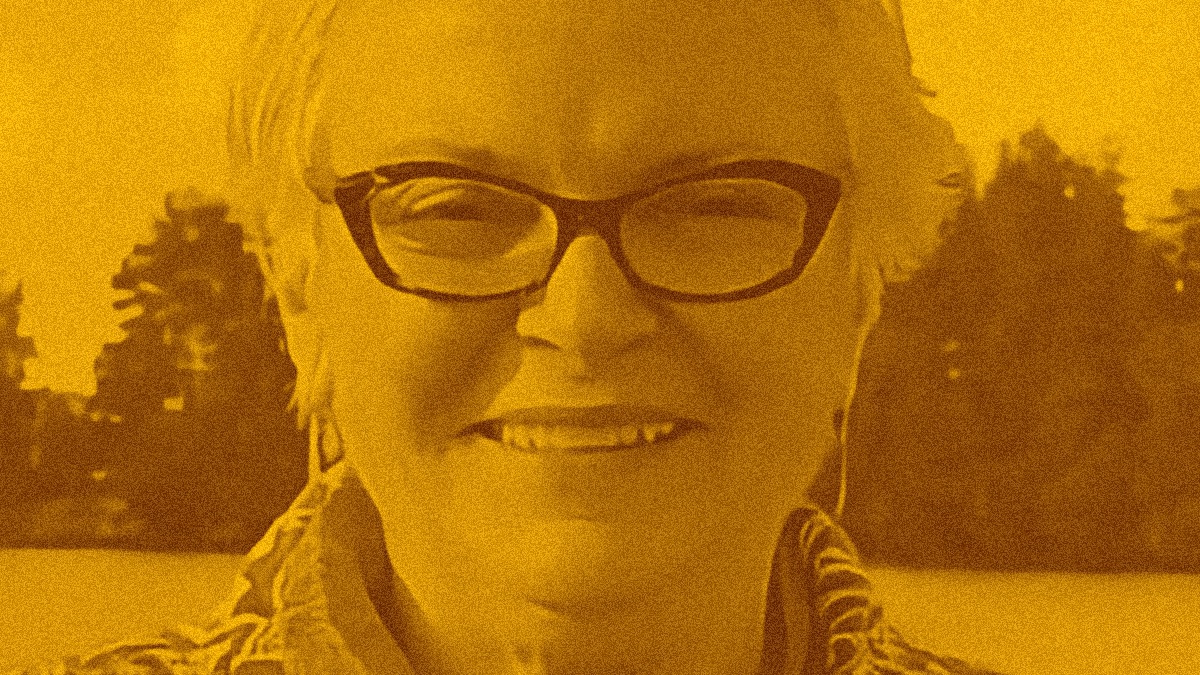Episode 104 of The Informed Life podcast features a conversation with Dr. Marcia J. Bates. Dr. Bates is Professor Emerita in the Department of Information Studies at UCLA, and the author of seminal papers in the field of information studies. Her paper on berrypicking is perhaps the best known, and one that I assign when teaching information architecture.
Befitting Dr. Bates’s focus, our conversation centered on search. Digital search systems such as Google have become an important part of our lives. But as advanced as they might seem, there are lots of opportunities for improvement. In particular, site-specific (as opposed to web-wide) search functionalities could be better if they leveraged the work that’s been done before. As she put it,
most of those within-website search systems are abominable. They’re throwbacks to the seventies. They’re just simple left-to-right search match things, and often it’s not made clear what you’re searching. For instance, it turns out that you’re just searching their press release database and you actually put the term in because you were trying to find some feature or element of the actual website. And you put that in and says, “Oh! Zero results.” So, I think these things are very un-legible to the typical searcher and often are designed in ways that are not very helpful for people.
See, years ago, I wanted to propose that there be a website of vocabularies. And back in the paper days, there actually was a library school — and I can’t think of where it was right now, I think it was a Canadian school — that tried to collect all the different thesauri that they could find worldwide. Which was a great idea, you know? But that was all paper.
I think there should be a website that you can go to and collect, look at all of these digitized vocabularies, classification schemes, thesauri, index languages — all the different things that they call them and maybe borrow some of these to use part or all for your own local situation. It’s just absurd that we redo the labor. And of course, because it’s so complex they don’t redo very much of it because it’s too much to do!
If you took advantage of what people have already done that could aid this tremendously and I’ve long felt that there should be the vocabulary support for searchers at websites or at Google that are varied, that have… you know, you might be able to pick out different ones. “Well, this is where you’ll find all the details of cooking vocabulary.” And, “this one is animals, but from a wildlife rather than a biological — straight biological — perspective.” So you have a little database of things about wildlife. There’s so many different ways these can be constructed and so many of them that are available out there, but often are proprietary, because the creators of them don’t want to share it with anybody.
She summarized:
The bottom line is that effective searching is not intuitive. People, the way that they tend to search for things isn’t the way that the literature’s actually organized and isn’t the best way to follow leads. And we’ve done some things in the information world to help people with that, but there’s a lot of things that could still be done, but there isn’t a big Google funding it. So, even the things that we’ve proposed or have done in the field have been largely ignored. The big powerful guys come up with something, but they don’t realize that searching has its distinctive qualities that require distinctive understanding and distinctive support modes.
I’ve long been influenced by Dr. Bates’s work, so it was a privilege to be able to talk with her and share the conversation with you. I hope you get as much value from our interview as I did.
The Informed Life episode 104: Marcia Bates on Search Systems
